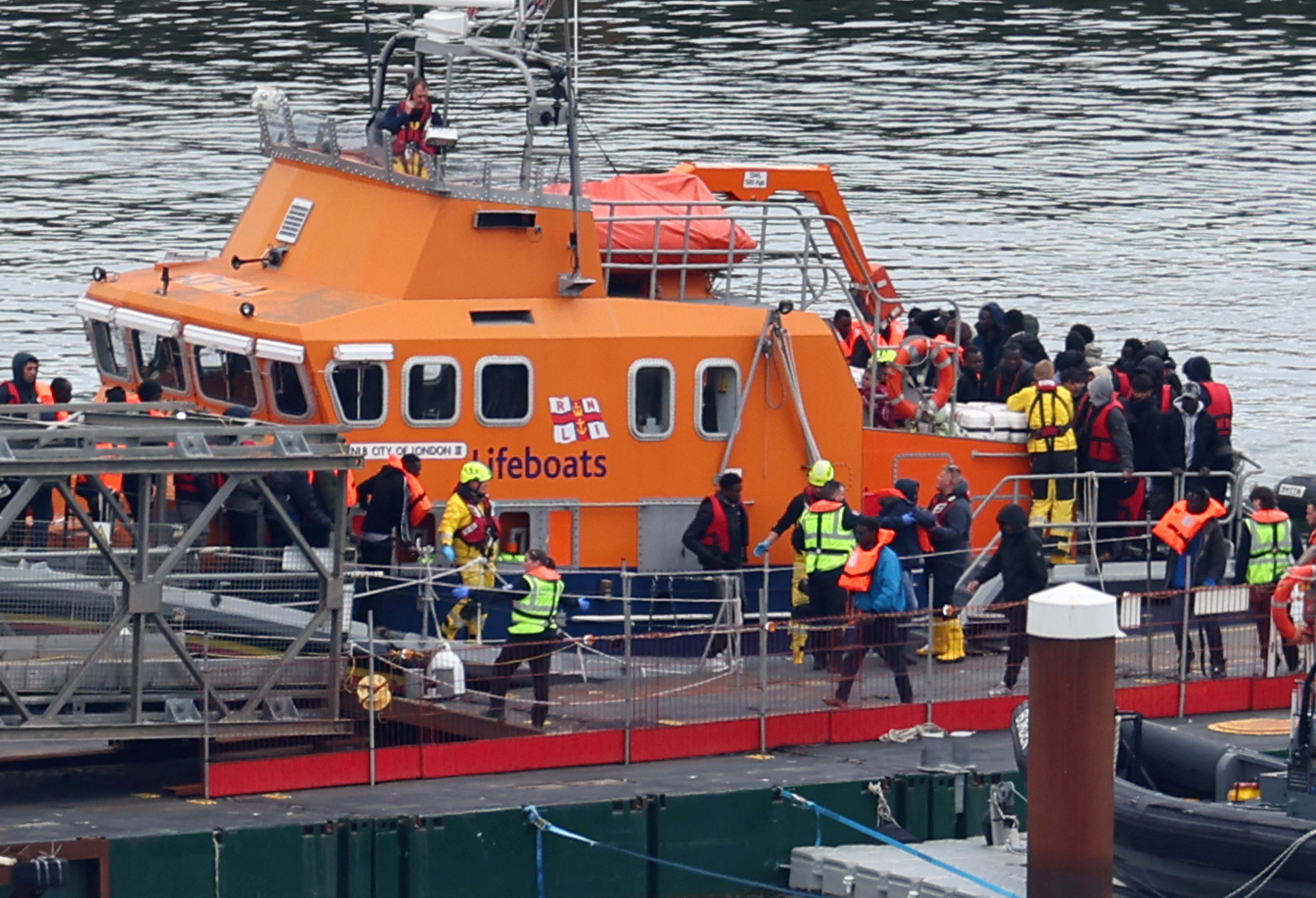West’s foreign policy blunders to blame for migrant crisis
What to do about boat people? The problem is not as overwhelming in UK as it is in the Mediterranean island states of the EU like Cyprus where the numbers in proportion to population are unsustainable.
In the UK the government has just passed a law that deems Rwanda in Africa a safe destination to send refugees arriving in UK unlawfully on small boats. This does not mean Rwanda is actually safe but rather that it would not be possible for refugees arriving illegally to claim in a court of law that it is unsafe.
There are a few exceptions like when a Rwanda national seeks refugee status on the grounds he has been persecuted in Rwanda. It would drive a coach and horses through refugee protection under the 1951 Convention if states could deem countries from where refugees flee safe.
The fear of persecution that refugees are required to prove is a subjective fear of persecution that is well founded. So no government can lawfully deem a subjective fear as ill-founded without investigating the objective facts in the country from which the refugee fled.
States are, however, entitled to designate a procedural ‘white list’ of countries or territories presumed to be safe. It is a rebuttable presumption that can be rebutted by evidence that the country or territory of a country is not safe for the particular refugee whose case is under consideration.
With Rwanda the UK government has taken steps beyond placing Rwanda on a white list. Basically it has subcontracted its obligations under the 1951 Refugee Convention to another country to examine claims to refugee status made in the UK. Presumably it chose Rwanda deliberately because refugees would be deterred from arriving in UK illegally in small boats only to end up thousands of miles away in Rwanda in Africa.
Rwanda has taken steps to put the genocide that happened there in 1994 behind it and, like Germany after World War II, is offering to take in refugees to atone for its ugly past – although enabling other states to evade their obligations under international law may not be the best way to improve its image.
The UK government’s Rwanda policy is speculative. The hope is that the refugees camped on the shores of northern France pondering whether to embark on a hazardous journey across to England would think rationally and not pay thousands to traffickers if they know that on arrival they would immediately be removed to Rwanda.
The policy presupposes that people prepared to risk their lives crossing the Channel are rational when the evidence points the other way. It also leaves out of the account that like many illegal entrants who arrived on England’s beaches before, the young men among them hope to land undetected and disappear in the black economy.
The Rwanda policy of the UK government is probably lawful, but it is conduct unbecoming a great power with a top table seat at the UN, whose refugee and human rights agencies have pleaded with the UK to think again but to no avail. Refugees and immigrants are a political hot potato not just in UK but in Cyprus and elsewhere in Europe, and right-wing, anti-immigrant political parties are on the march again as they were before World War II.
There will be a general election in the UK in the autumn and elections to the EU parliament in June and the extreme right will jump on the anti-immigrant bandwagon and they will probably win more seats than previously. But the truth is that the extreme right does not have practical civilised answers to a very real problem; what they have is crude slogans and the power to whip up hatred and nothing else.
The answer to the problem requires a public acknowledgment by Europe and America that they have been mainly responsible for generating the irregular movement of people as refugees because of gross foreign policy blunders. After 9/11 the Americans supported by Nato attacked Afghanistan and removed the Taliban from power. In 2021 the Americans transferred power back to the Taliban and threw many of pro-western Afghanis to the wolves. Now some of the refugees clambering on small boats are those left behind who had no other means of escaping than to pay people-traffickers to transport them to Europe and UK.
In 2003 the US and UK destabilised the whole region around Iraq by unlawfully invading and removing Saddam Hussein from power. Removing Saddam Hussein unleashed wars in the whole region including Syria that generated a huge number of refugees. Yet it does not even occur to British politicians in the governing Conservative party in particular that their foreign policy blunders may be responsible for generating the refugees who seek asylum in Europe and UK.
The same thing happened in Libya when Colonel Gaddafi was toppled. David Cameron, who is now foreign minister, was prime minister, and in 2011 together with Nicholas Sarkozy of France took it upon themselves to remove Colonel Gaddafi from power in Libya. Since then the country is a lawless mess and transit hub for refugees from sub Saharan Africa. Like Saddam Hussein, Gaddafi kept the lid on unruly forces in his country and although both were autocratic tyrants it is questionable if the death and destruction that followed their removal was for the best.
The answer to the refugee problem and the small boat influx is to learn from the Vietnamese boat people crisis after the end of the Vietnam war in 1975 when almost a million Vietnamese were forced to flee in small boats and headed for neighbouring countries like Malaysia, Indonesia and the Philippines. Many perished at sea, but the rest were resettled in North America and Europe. It was a wise policy. As always a problem shared is a problem solved.
Alper Ali Riza is a king’s counsel in the UK and a retired part time judge







Click here to change your cookie preferences